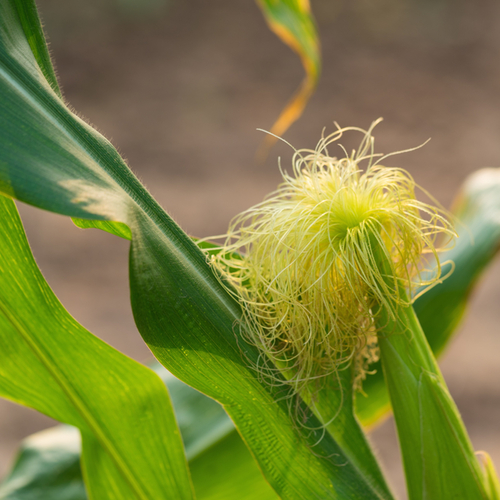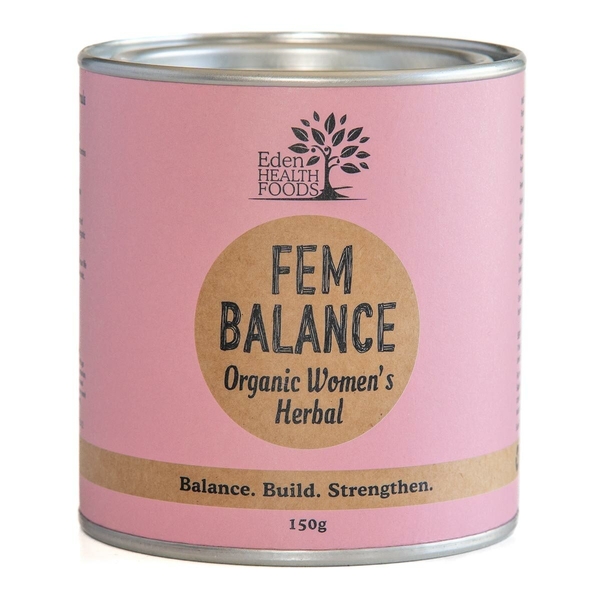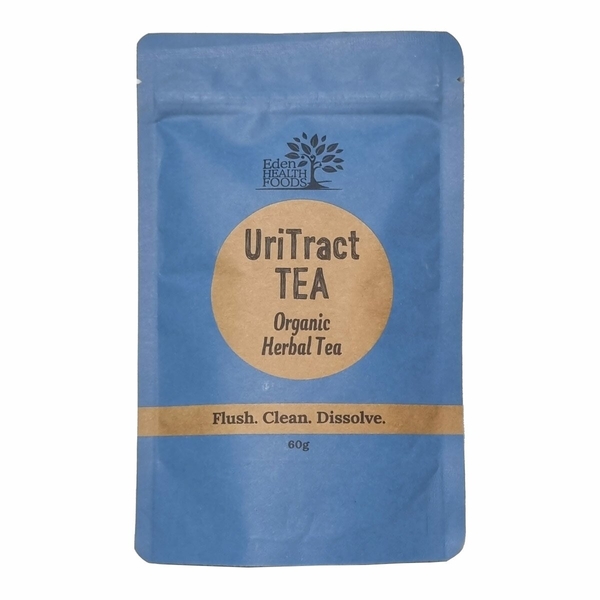
Background
Corn silk contains proteins, carbohydrates, vitamins, minerals, and fiber. It also contains chemicals that might have antioxidant effects, reduce blood pressure, and alter blood sugar levels.
People use corn silk for chest pain, diabetes, high blood pressure, obesity, and many other conditions, but there is no good scientific evidence to support these uses.
Safety Safety definitions
Special Precautions & Warnings:
Pregnancy: Corn silk is possibly safe when used in the amounts normally found in food while pregnant. But taking larger amounts as medicine is likely unsafe. Corn silk might stimulate the uterus and cause a miscarriage. Avoid use.Breast-feeding: Corn silk is possibly safe when used in the amounts normally found in food while breast-feeding. But there isn't enough reliable information to know if corn silk is safe to use in larger amounts as medicine while breast-feeding. Stay on the safe side and stick to food amounts.
Blood levels of potassium that are too low: Large amounts of corn silk might make this condition worse.
Surgery: Corn silk might interfere with blood sugar or blood pressure control during and after surgery. Stop using corn silk at least 2 weeks before a scheduled surgery.
Effectiveness
Dosing & administration
Interactions with pharmaceuticals
Medications for diabetes (Antidiabetes drugs)
Interaction Rating=Moderate Be cautious with this combination.
Corn silk might lower blood sugar levels. Taking corn silk along with diabetes medications might cause blood sugar to drop too low. Monitor your blood sugar closely.
Medications for high blood pressure (Antihypertensive drugs)
Interaction Rating=Moderate Be cautious with this combination.
Corn silk might lower blood pressure. Taking corn silk along with medications that lower blood pressure might cause blood pressure to go too low. Monitor your blood pressure closely.
Medications for inflammation (Corticosteroids)
Interaction Rating=Moderate Be cautious with this combination.
Some medications for inflammation can decrease potassium in the body. Corn silk might also decrease potassium in the body. Taking corn silk along with some medications for inflammation might decrease potassium in the body too much.
Warfarin (Coumadin)
Interaction Rating=Moderate Be cautious with this combination.
Corn silk contains large amounts of vitamin K. Vitamin K is used by the body to help blood clot. Warfarin is used to slow blood clotting. By helping the blood clot, corn silk might decrease the effectiveness of warfarin. Be sure to have your blood checked regularly. The dose of your warfarin might need to be changed.
Water pills (Diuretic drugs)
Interaction Rating=Moderate Be cautious with this combination.
Corn silk can decrease potassium levels. "Water pills" can also decrease potassium levels. Taking corn silk along with "water pills" might make potassium levels drop too low.
Interactions with herbs & supplements
Herbs and supplements that might lower blood sugar: Corn silk might lower blood sugar. Taking it with other supplements with similar effects might lower blood sugar too much. Examples of supplements with this effect include aloe, bitter melon, cassia cinnamon, chromium, and prickly pear cactus.
Herbs that might increase urine flow (act as a diuretic): Corn silk can increase the amount of urine made by the body. This can decrease potassium levels. Taking corn silk with other supplements that have similar effects might cause potassium levels to drop too low.
Interactions with foods
Products
View all products- Zea mays (Corn silk)
- Lepidium meyenii
- Angelica polymorpha
- Vitex agnus-castus (berry)
- Dioscorea villosa
- Lycium barbarum
- Luo Han Guo (fruit) ext. (Monk fruit)
- Turnera diffusa
- Glycyrrhiza glabra (root)
- Humulus lupulus (flower)
- Valeriana officinalis
- Passiflora incarnata
- Arctostaphylos uva-ursi
- Juniperus communis (berry)
- Zea mays (Corn silk)
- Juniperus communis (berry)
- Arctostaphylos uva-ursi
- Taraxacum officinale (leaf)
- Equisetum arvense
- Eupatorium purpureum
- Petroselinum crispum (root)
- Petroselinum crispum (leaf)
- Solidago virgaurea (flower)
- Hydrangea arborescens (root)
- Mentha x piperita (leaf)
- Althaea officinalis (root)
- Arctium lappa (root)
- Echinacea purpurea (root)
- Orange peel
- Echinacea angustifolia (root)
- Coriandrum sativum






